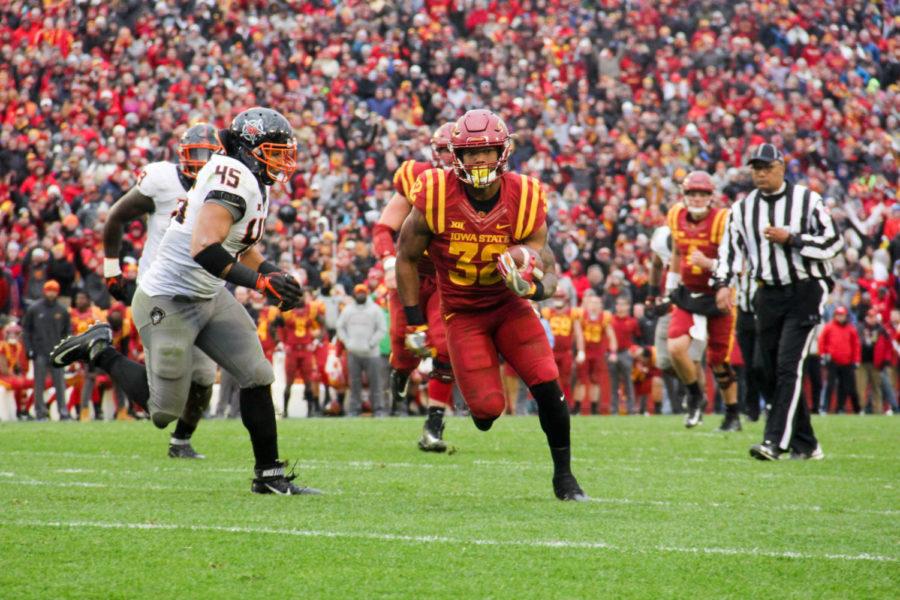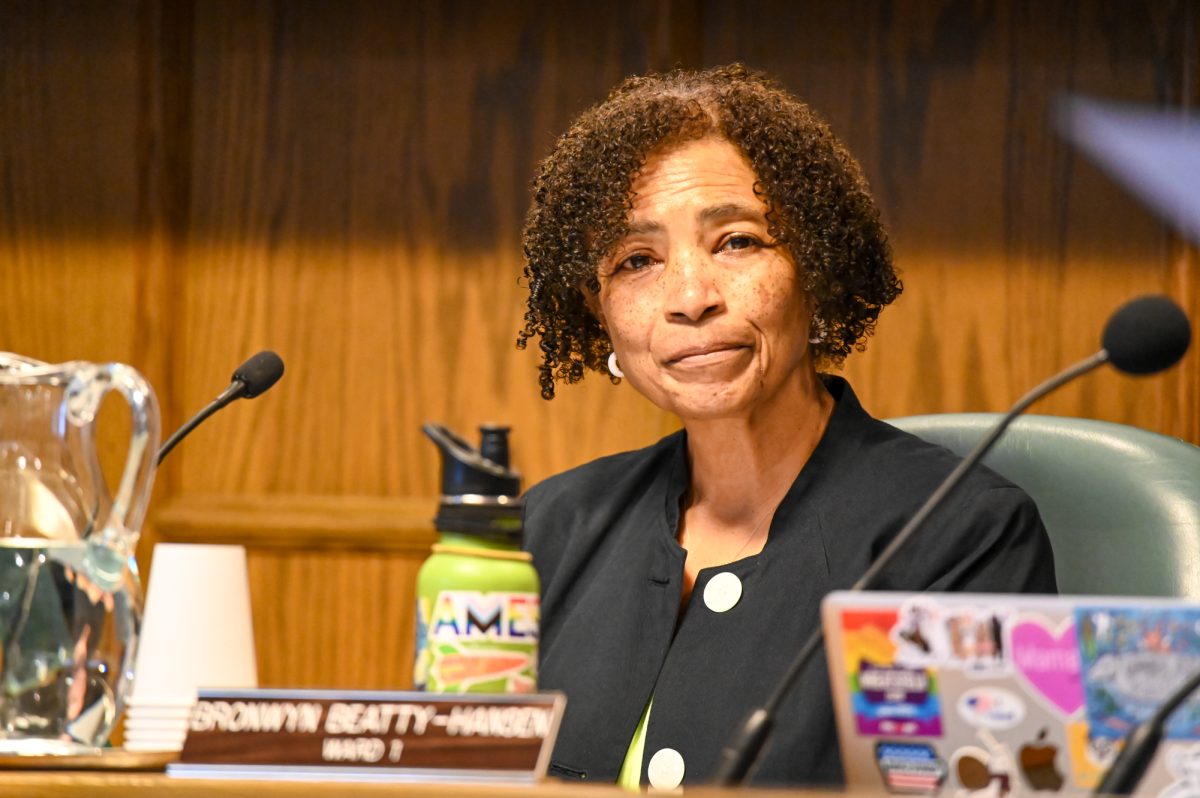LETTER: Jefferson’s views are distorted in column
July 14, 2003
Nathan Borst’s July 10 column, “Religion is appropriate in any public sphere,” grossly misrepresents Thomas Jefferson’s views on the issue of the separation of church and state. He uses a combination of historical inaccuracies and misconceptions to pervert our view of Jefferson the secularist. Furthermore, Mr. Borst goes so far as to claim that the term “separation of church and state” has no foundation in our governmental doctrine — therefore calling the legitimacy of the concept into question.
Mr. Borst’s implied argument for the illegitimacy of the separation of church and state most likely stems from the classical argument that the term “separation of church and state” does not actually appear in the Constitution. But in fact, the term “separation of church and state” originates with Jefferson. To quote Jefferson’s letter to the Baptist Association of Danbury, the very letter cited by Mr. Borst, “I contemplate with sovereign reverence that act of the whole American people which declared that their legislature should ‘make no law respecting an establishment of religion, or prohibiting the free exercise thereof,’ thus building a wall of separation between church and state.” By not including this highly pertinent information, Mr. Borst makes it clear that he is more interested in making history conform to his tendentious ideology than letting historical fact speak for itself.
Finally, Mr. Borst has us
” … recall that Jefferson was the author of the Declaration of Independence … [which] included such words as ‘Creator,’ ‘God,’ ‘Divine Providence,’ and ‘Supreme Judge of the World.'” I would like to remind Mr. Borst that Jefferson authored only the draft of the Declaration of Independence, which made but one reference to “nature’s god” (Yes, the ‘g’ was lowercase).
Acting as rector of the University of Virginia, Jefferson stipulated that no part of the regular school day could be set aside for religious worship. We know that Jefferson would not approve of prayer in our public educational institutions, as he never allowed it to occur in any of the universities or schools which he presided over. We must keep in mind that Mr. Borst, like-minded conservatives, and members of the religious right want to bring prayer into public schools and are more than willing to distort history as a means to that end.
Ryan Gerdes
Senior
Computer Engineering






